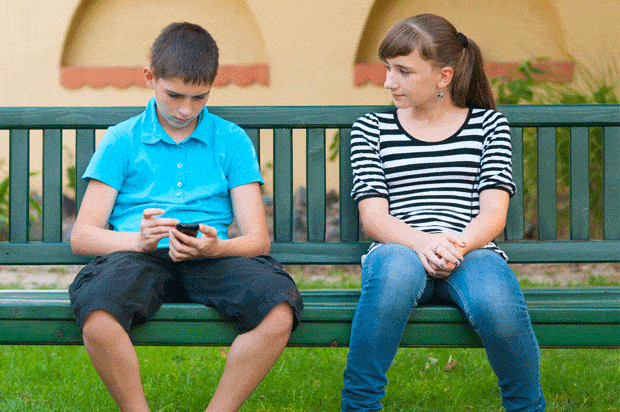How can I support a victim of child sexual abuse?
A child who has been sexually abused may feel helpless, lonely and scared. But there are things you can do to help. The Mix spoke to Catherine Kenny at the NSPCC to get the best advice.

Always listen and believe.
What can I do?
- Listen to them. Talking about sexual abuse is hard. They might feel ashamed or embarrassed. You can help by listening carefully and letting them know it’s ok to talk to you.
- Believe them. Catherine Kenny from the NSPCC says: “Your friend [or family member] might feel that they won’t be believed.” If you show them you believe them, they might feel more confident about telling someone else too.
- Tell them it’s not their fault. Lots of people who have been abused think it’s their fault in some way. This can stop them from telling someone who can help.
- Encourage them to tell a trusted adult. Telling you is a good first step. But you’ll need an adult’s help if you’re going to stop the abuse from happening, and prevent the abuser hurting anyone else in the future. A parent, teacher, doctor or older friend are all good options. If you tell a professional, they are likely to report the incident to people who will investigate the matter, such as the police.
- Offer to help them tell someone. Talking to an adult, even one you trust, about abuse can be scary. Offer to go with them or to help them write down what they want to say. If your friend is too nervous to speak to an adult face-to-face, encourage them to talk it through over the phone with a Childline advisor first.
- Read and show them our article about sexual abuse. It has lots more info about where they can get support.
- Be patient. They might not tell you everything straight away. They might be angry or upset. Let them talk to you in their own time.
- Let them know you’re there for them. They might feel confused or upset and scared about what will happen if they tell someone else. Make sure they know you’re there for them when they need you.
- If they are in danger right now, call 999.
What shouldn’t I do?
- Don’t confront the abuser. You might be feeling really angry and upset, but this could put you in danger and make things worse for your friend or family member.
- Don’t act shocked or angry when you hear about the abuse. It’s natural to feel this way, but don’t shout or get really upset. Catherine says: “A reaction of shock or disbelief could cause them to shut down, retract or stop talking.” It might make them too scared to tell you any more, or to talk to other people.
- Don’t put lots of pressure on them to tell someone else. Although it’s important they talk to someone they trust about what’s happened, this might take some time. Offer to help them but don’t force them to talk before they are ready.
Who can I talk to?
If your friend or someone in your family tells you they have been abused, you might not be sure what to do. You probably have a lot of different upsetting feelings. You shouldn’t have to deal with this alone – it’s important to look after yourself too.
- Talk to Childline – their counsellors can help you too. This page has more info about what it’s like to talk to Childline.
- Talk to an adult you trust. It’s ok to tell them you’re worried about your friend and ask them for help.
- Talk to someone at The Mix or get support on our discussion boards.
I don’t think I’m helping – they don’t seem to be feeling any better
Dealing with sexual abuse is difficult and can take a long time. Your friend will probably need support from a counsellor as well as from people around them. You won’t be able to fix things by yourself. But if you’re there for your friend when they need you, you’ll be helping them more than you think.
Next Steps
- You can talk to Childline about anything. Call them for free on 0800 1111 or visit their website.
- Rape Crisis offers support and advice to victims of rape and sexual assault, no matter how long ago the attack was. 0808 802 99 99
- Chat about this subject on our Discussion Boards.
By Clare Foster
Updated on 28-Feb-2017
No featured article














